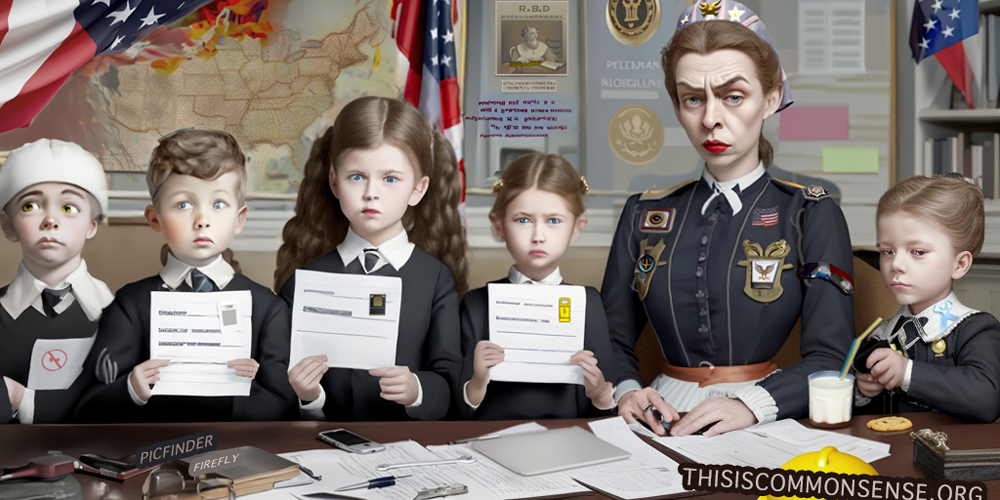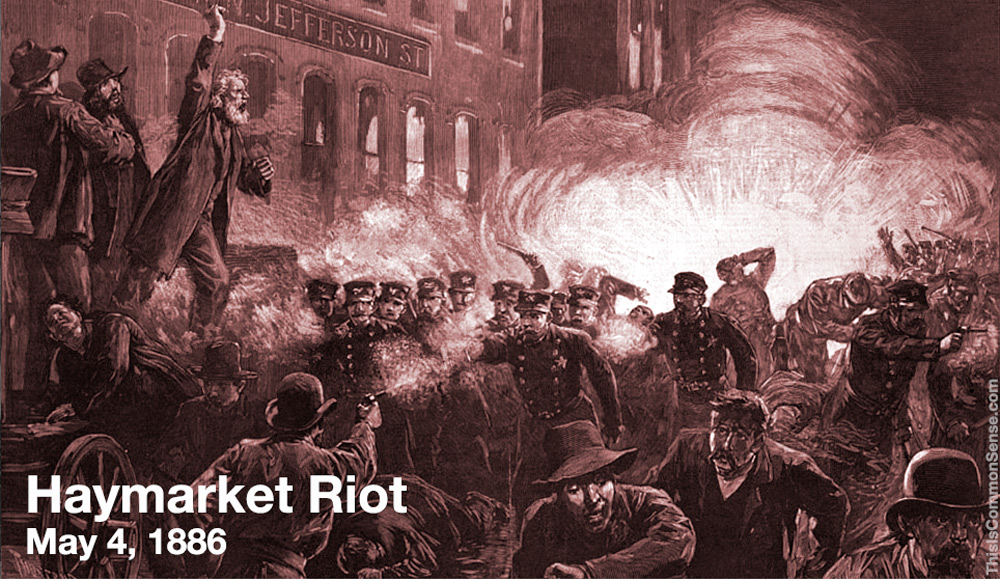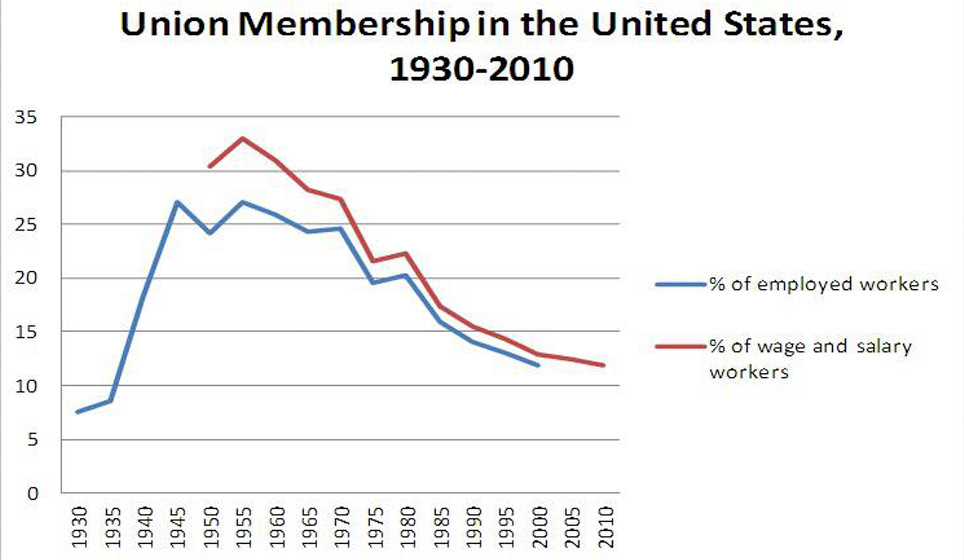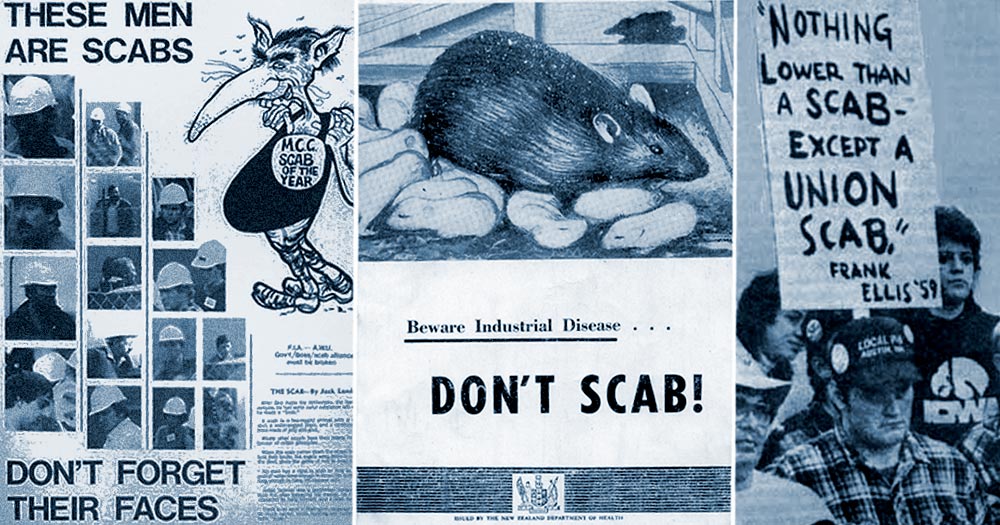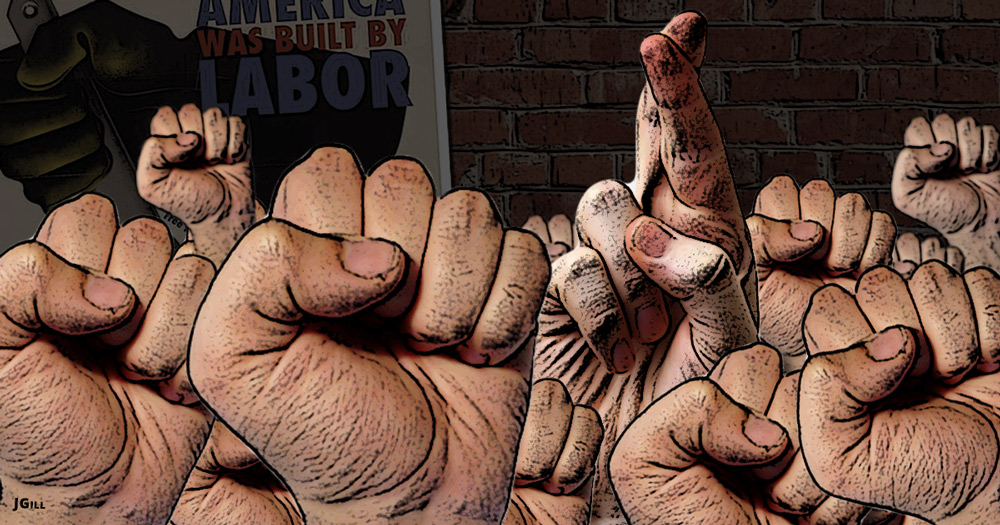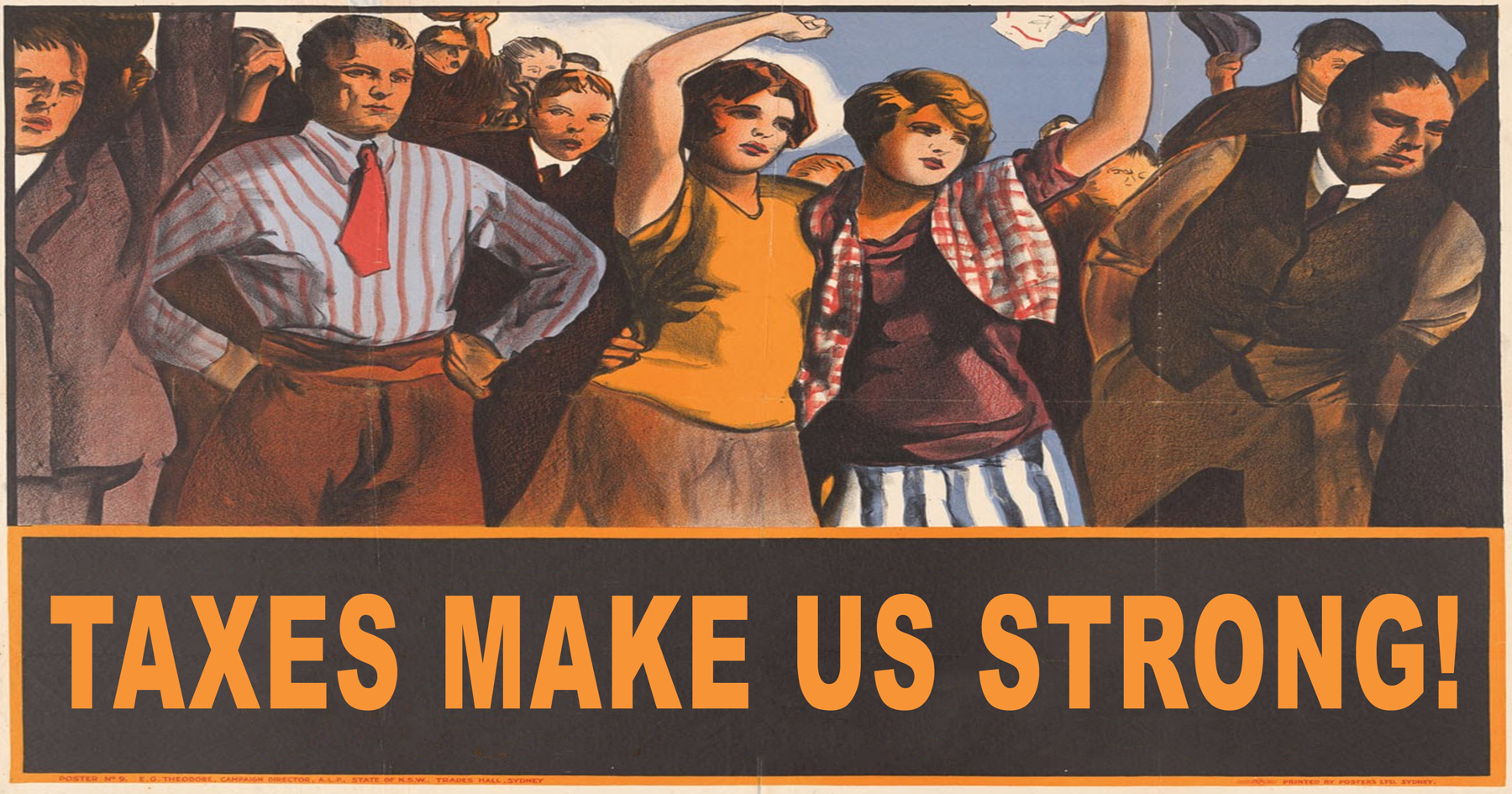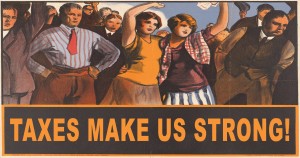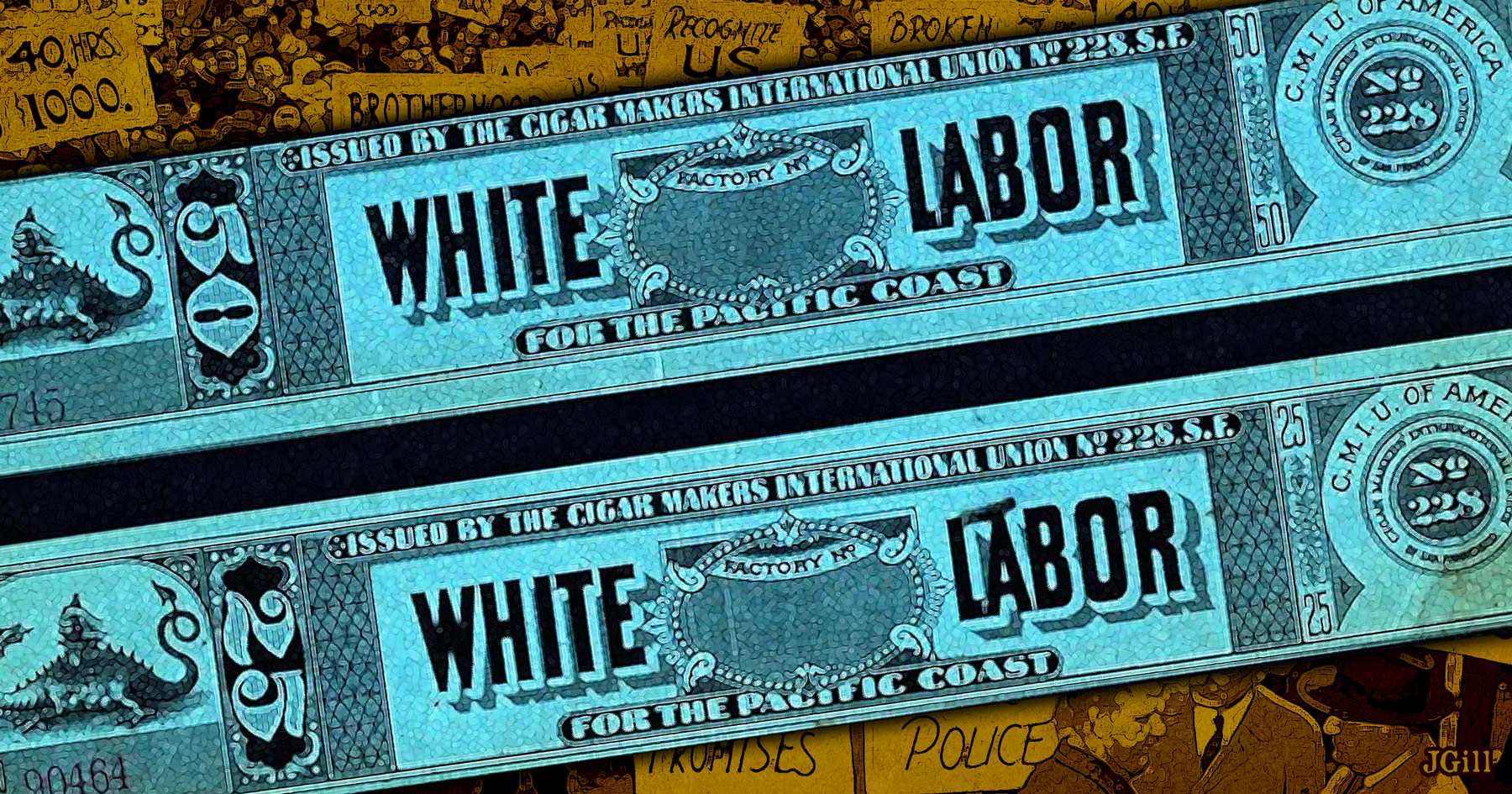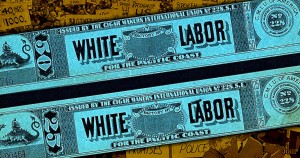AB5 is the code name for legislation passed in California a few years ago to kill freelance work.
Ex-freelancers hate AB5; employers who can’t afford to convert contractors into regular employees hate AB5.
Unions, on the other hand, love AB5; lawmakers also love AB5.
A California citizen initiative partly reversed it. Then the Ninth Circuit at least temporarily reversed the reversal.
Though Democrats have made several attempts to bring it to the federal level, Congress has not passed a federal version of AB5. But now the Department of Labor is acting to impose a rule to challenge the status of many independent contractors, scheduled to take effect March 11. This AB5-like rule enunciates six criteria determining whether contract work may still be called contract work.
This affects what I do. One of my dozen jobs is citizen-initiative work. Various state governments have done all they can apart from comprehensive AB5-like rules to impede my ability to collaborate with petitioners to get citizen initiatives on the ballot. It is most efficient to pay these contractors per thing they do instead of earning a fixed salary or getting paid an hourly wage.
Politicians and bureaucrats know this.
If the Labor Department’s new rule takes effect, will contractors working with me pass the test? Or will we all be thrown into chaos and confusion?
It is being challenged in court.
Many voters — who are, after all, wage-earners or salaried employees — may not care very much; it may seem irrelevant to them. But it is time for them to inquire why some politicians and union bosses want to destroy the ability of freelancers to freely work for outfits short of becoming full-time employees.
For the ramifications will reach far beyond my niche “industry.”
This is Common Sense. I’m Paul Jacob.
Illustration created with PicFinder and Firefly
See all recent commentary
(simplified and organized)
See recent popular posts
